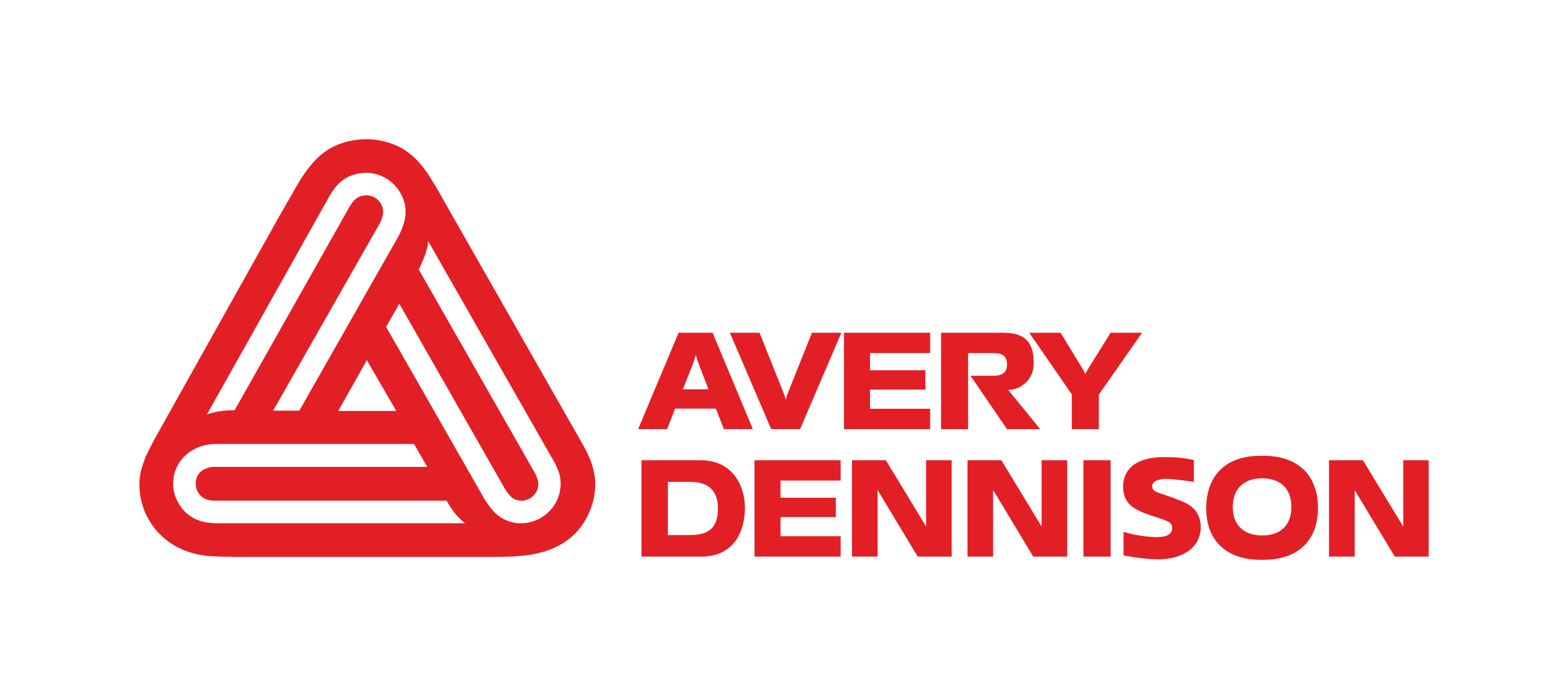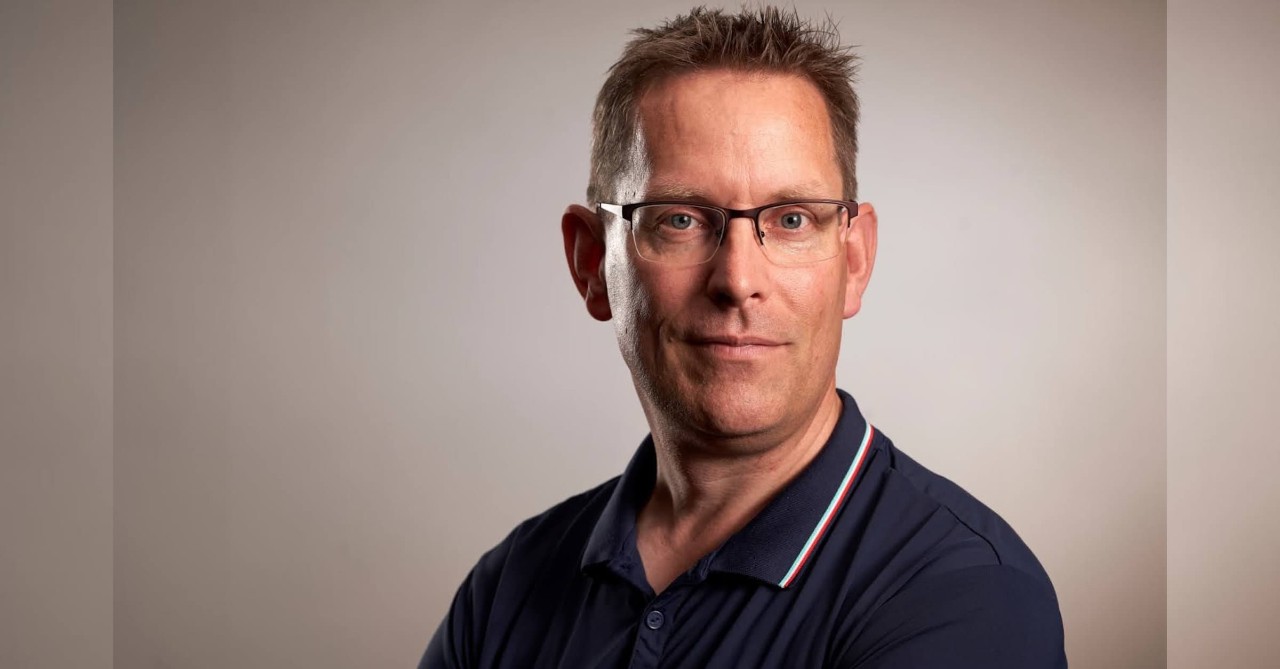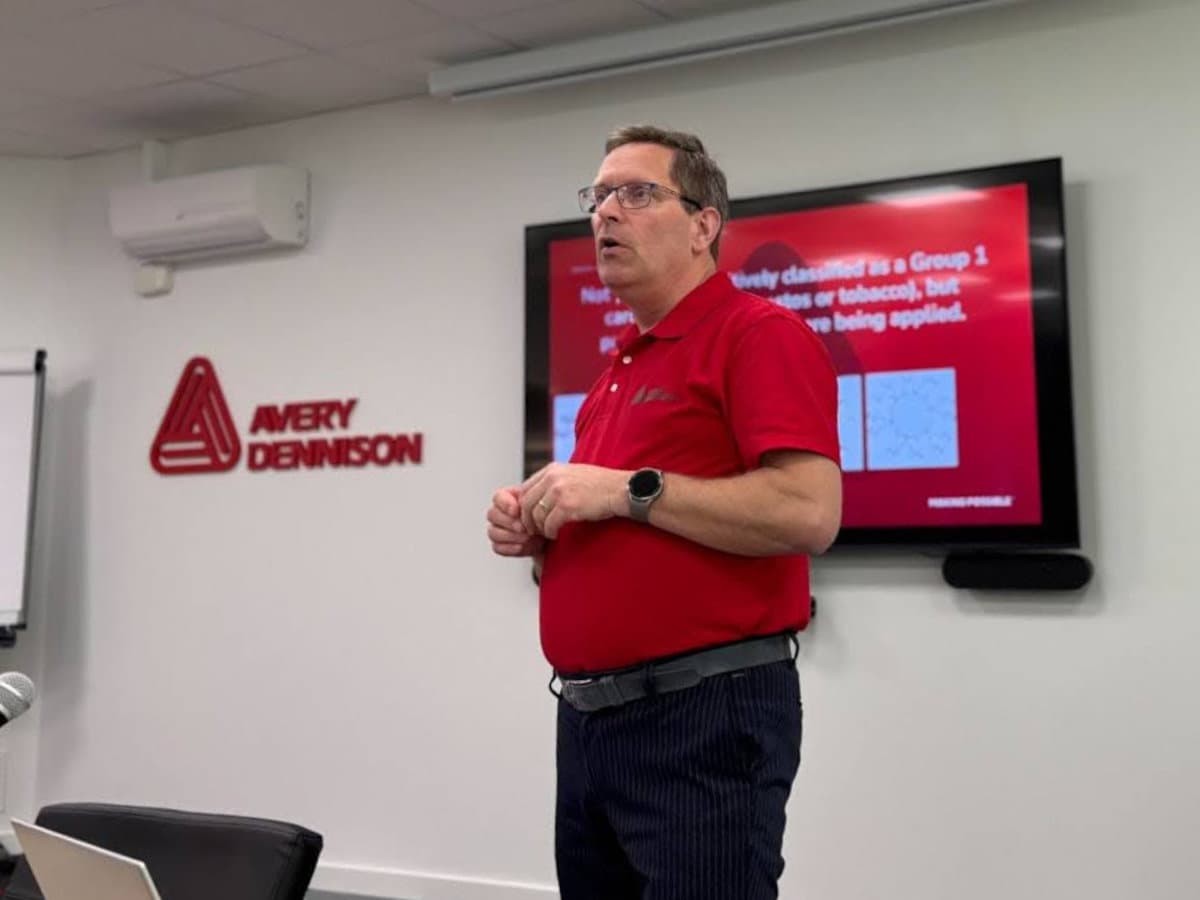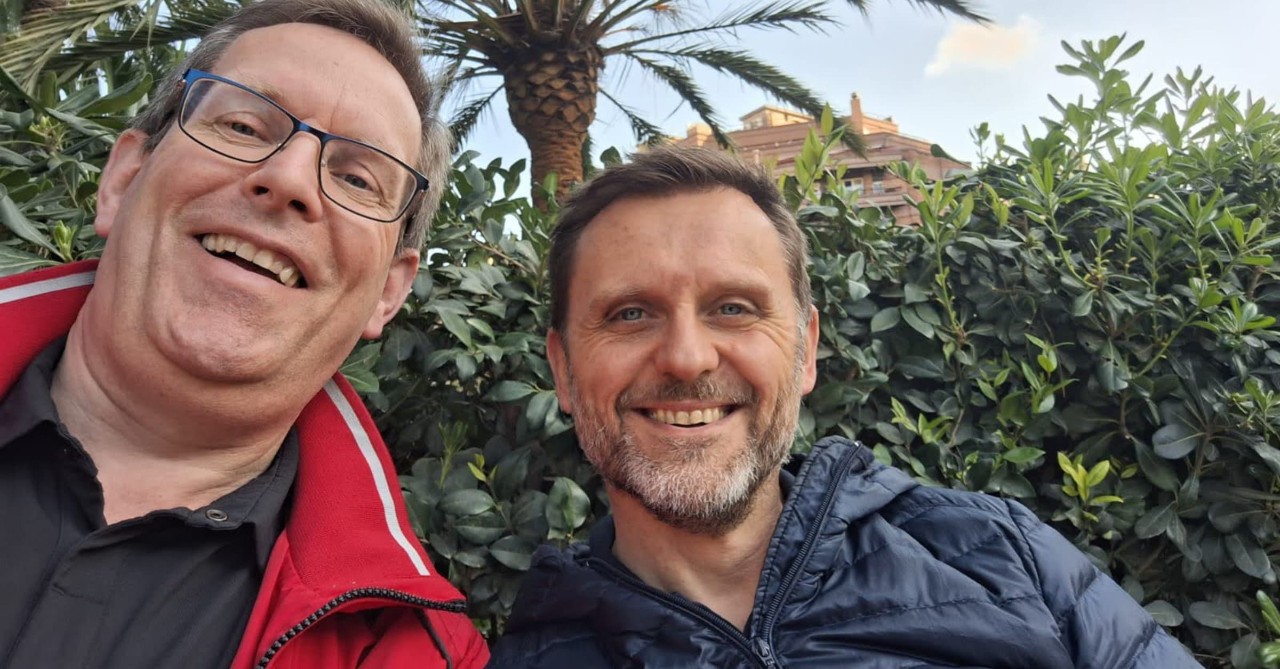What attracted you to your chosen work?
Believe it or not, my career started as a teacher in healthcare and household economics! About 20 years ago, I took the opportunity to switch careers into facility management and then EHS. It turned out that EHS was a natural fit for me.
The EHS role allowed me to combine my educational background in facility management, healthcare, and household economics. Also, my passion for technology and engineering was a good combination. Every day is different, with all sorts of EHS challenges to tackle: governmental inspections, permit questions, incident investigations, and answering questions from people on the shop floor, engineering, and operations. I love finding solutions, and my motto is "Impossible only means that you haven't found the solution yet."
These complex and diverse challenges suit my neurodiverse brain. Because of how my brain works, I often see, hear and feel things differently than most people, which has been a great asset in my safety professional role. Additionally, the diversity of tasks and the ability to set my agenda and priorities fit my neurodiversity.
What skills did you develop early that are still useful today?
My teaching background has been invaluable. I can explain complex and straightforward subjects to people at different organizational levels. It also laid the foundation for my skills in observing situations, auditing, and creating good questions and training materials.
Technical and engineering fundamentals are another important skill. Understanding and speaking the engineering language, including reading technical drawings, is vital in my EHS role.
Lastly, creating good and powerful presentations is key. It can really make or break stakeholder buy-in.
How have you grown in your career at Avery Dennison?
I'm still growing every day! It's been just over a year since I started at Avery Dennison. To be successful, it's crucial to accept advice for personal and professional improvement and to identify learning opportunities with the help of those around you. This has been challenging for me personally. With my form of autism, it can be hard to understand how I come across when communicating with others, and sometimes I don't realize what I could have done better when communicating.
With the support of my colleagues and external coaching, I can do my job effectively. The safe environment, where you can truly be yourself, is special and something I hadn't experienced in other companies. I'm very grateful for that. This special culture is something we shouldn't take for granted.




